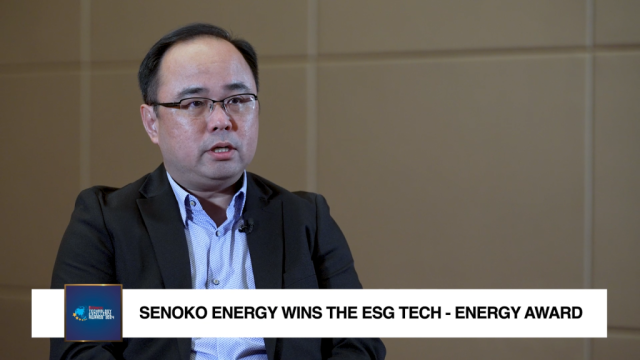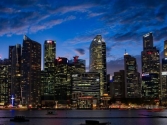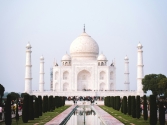
New spectrum pricing to raise Indian telco tariffs
Punitive prices will force telcos to merge or exit altogether, says Fitch.
India's Union Cabinet last week decided to set the reserve prices for 5Mhz of second-generation GSM and CDMA spectrum at USD2.5bn and USD3.2bn, respectively.
According to Fitch, this has made the current price of USD509m per Mhz in the 2G bandwidth (1800Mhz), which is used essentially for voice and text, into one of the most expensive in Asia-Pacific.
In comparison, the 2G spectrum is offered at a nominal price, or with no upfront-fees on a "first come first served" basis, by Indonesia, the Philippines, Thailand and South Korea.
"We expect that many of the telcos whose licences were cancelled by India's Supreme Court in February 2012 will not participate in the re-auction, as most telcos have a stretched balance sheet. Furthermore, the cabinet decision did not provide any relief on spectrum usage charges (SUC), which were left unchanged at the existing levels of 3%-8% of adjusted gross revenues," said Fitch.
"We believe that India's telecom sector can afford six profit-making operators at the very most. High spectrum pricing will hasten industry consolidation, and will most likely result in higher tariffs which could be initiated by the largest operators. However, higher tariffs may not be sufficient to offset the negative affects of higher spectrum prices, as the sector will remain competitive with the six operators," it added.
"The three smaller operators - Etisalat, Videocon and Swan Telecom - have already exited the industry. The Indian subsidiaries of Telenor and Sistema ('BB-'/Stable) are most likely to pull out either completely or in part. The fifth- and sixth-largest private operators (subsidiaries of Tata and Maxis) may also look to consolidate to strengthen their position, as both operators have been unable to register an operating profit so far," it said further.
Fitch noted that the larger operators like Bharti Airtel ('BBB-'/Negative) will also be hit by the new spectrum pricing, as they may be asked to pay a one-time charge for excess spectrum holding.
"They will have to bear the new spectrum pricing once their licences come up for renewal from 2014/2015. Bharti's ratings have the capacity to absorb a maximum USD1bn of regulator-related costs, and any additional cash outflow would have a negative effect on its rating," said Fitch.
"India's 3G (2100Mhz) pricing, which was decided in a keenly contested 2010 auction at USD3.6bn for a pan-India allocation, has proved to be expensive for Indian telcos - given the slower growth of data products due to expensive 3G handsets and lack of a 3G ecosystem," it added.
Fitch also said Asia-Pacific countries have started to adopt auction-based allocation criteria.
"For example, Thailand's regulator has set the reserve price for 5Mhz of 3G spectrum at USD145m for an auction expected within 2012," Fitch said, also expecting the Indonesian regulator to allocate 5Mhz of 3G spectrum for a sum lower than USD100m.
























 Advertise
Advertise










